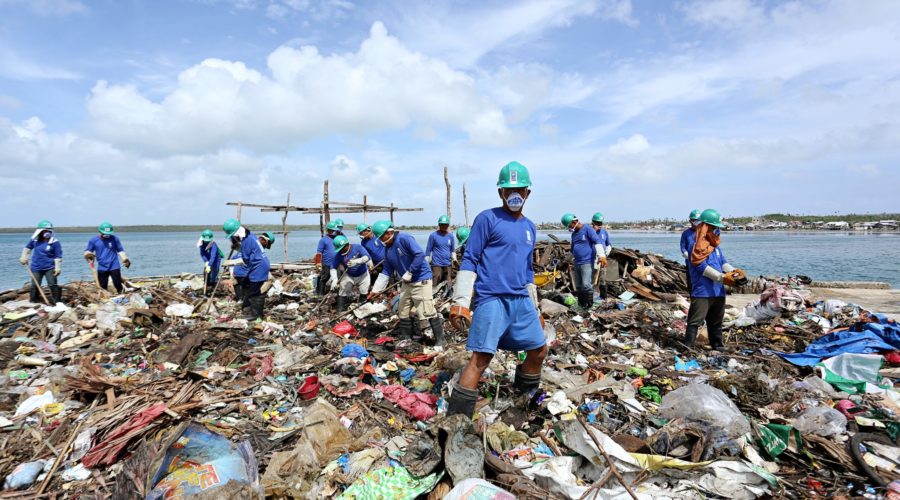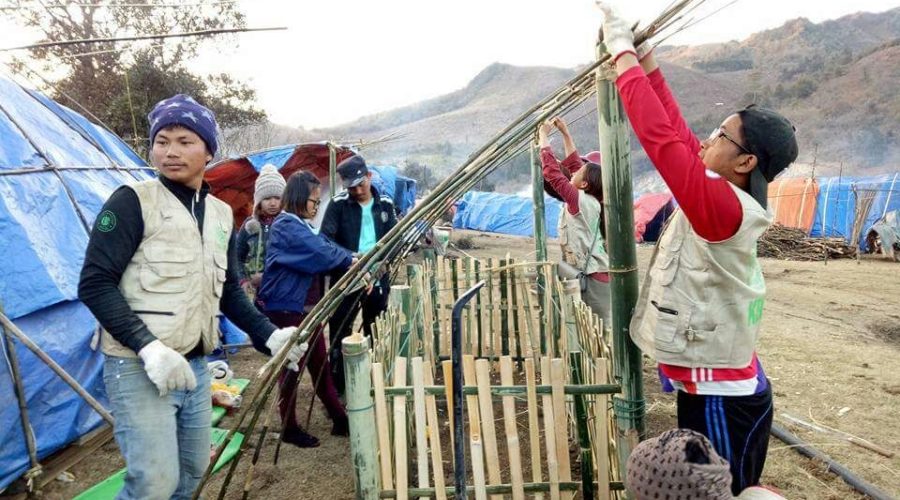A year ago at the World Humanitarian Summit, donors, UN agencies, and INGOs committed to “making principled humanitarian action as local as possible and as international as necessary… [and to] engage with local and national responders in a spirit of partnership.” But what has changed on the ground? And, how can Humanitarian Coordinators and Country Teams deliver on these commitments? Local actors are often seen as having distinct advantages compared to their international counterparts, such as their proximity to populations affected by crisis, ability to respond quickly and sustainability after crisis, as well as their knowledge of context, language and practices. Yet, this proximity also raises questions concerning risk management, duty of care, accountability and adherence to the humanitarian principles. This webinar considered lessons and practical examples from the responses in Syria, Somalia and more broadly which humanitarian leaders can build on to strengthen principled local humanitarian action in conflict settings.
13.11.2017
Webinars
Localisation: Local Actors as Equal and Strategic Partners? Field Perspective
Related Content
Webinars
19.07.2016
Localisation: As Local as Possible, as International as Necessary
The value of local actors to humanitarian response efforts is increasingly recognised. Local actors are often the first responders when…
Webinars
23.03.2016
World Humanitarian Summit: What Will it Mean for the Field?
The World Humanitarian Summit will be held on the 23-24 May 2016 in Istanbul. The Summit is based on Secretary-General…
Sign up to our Mailing list




